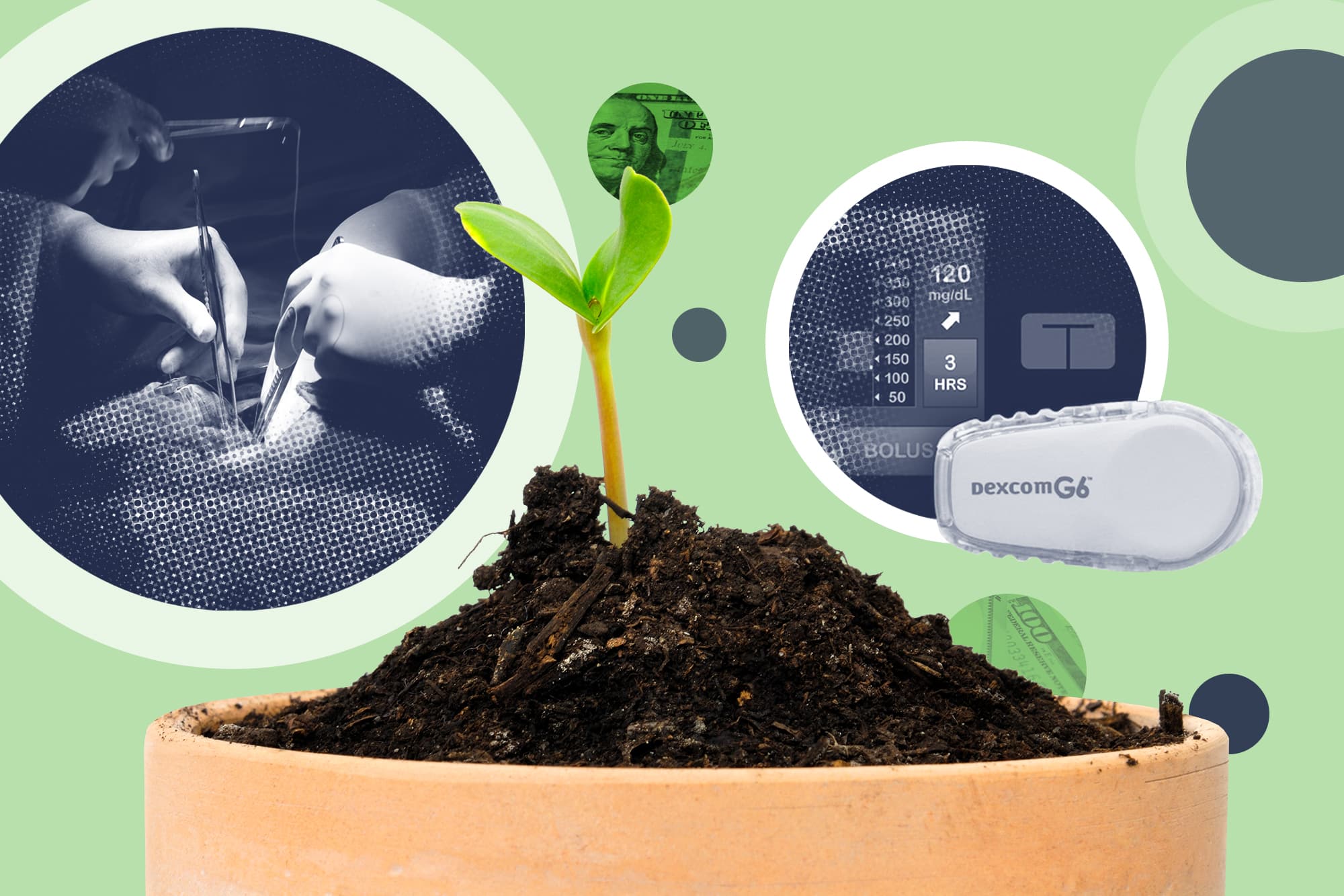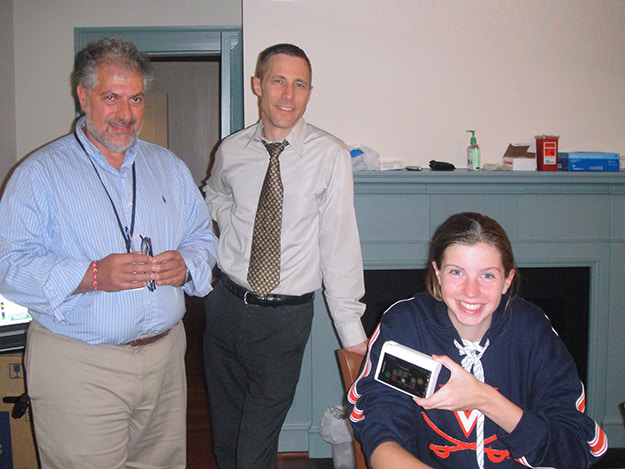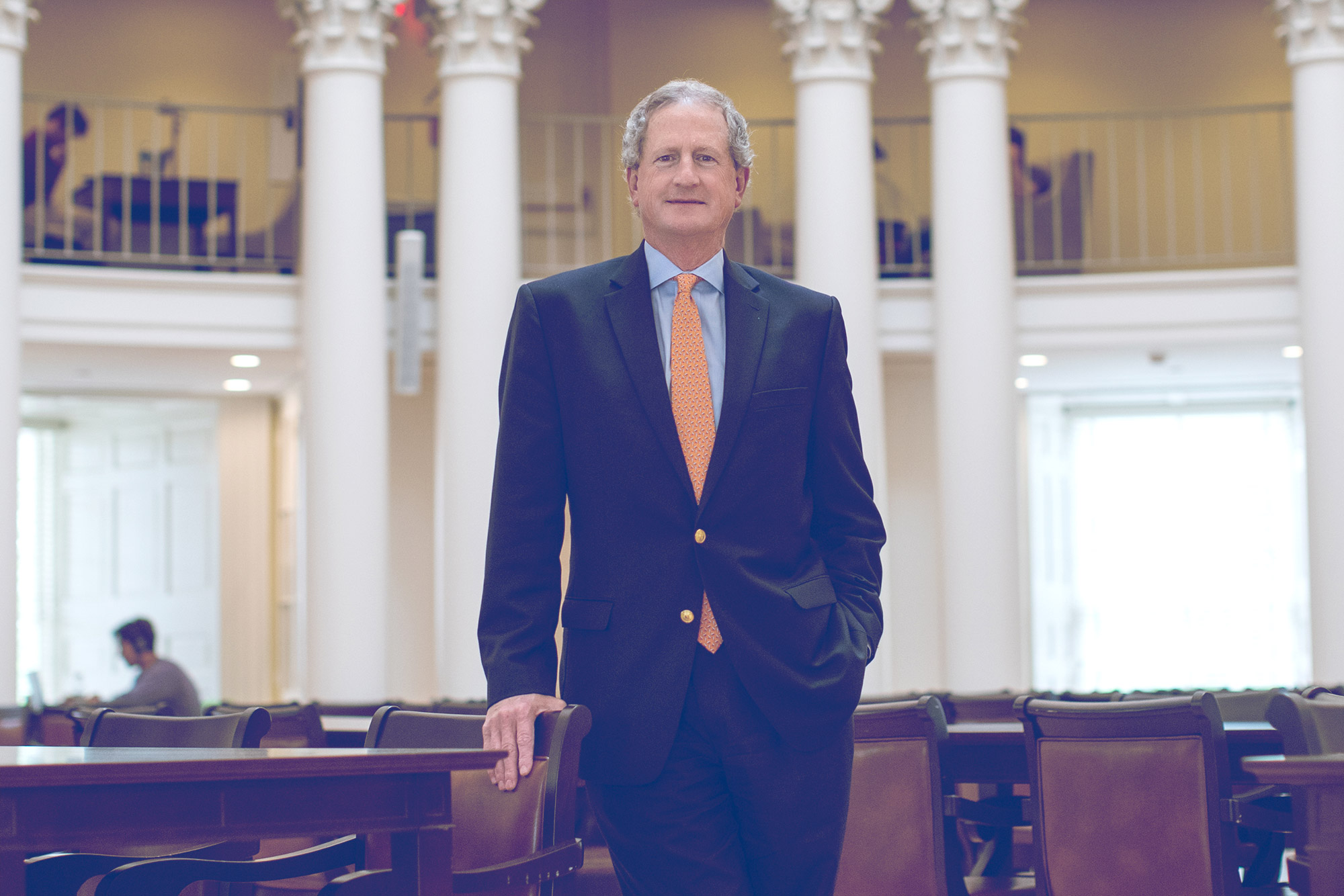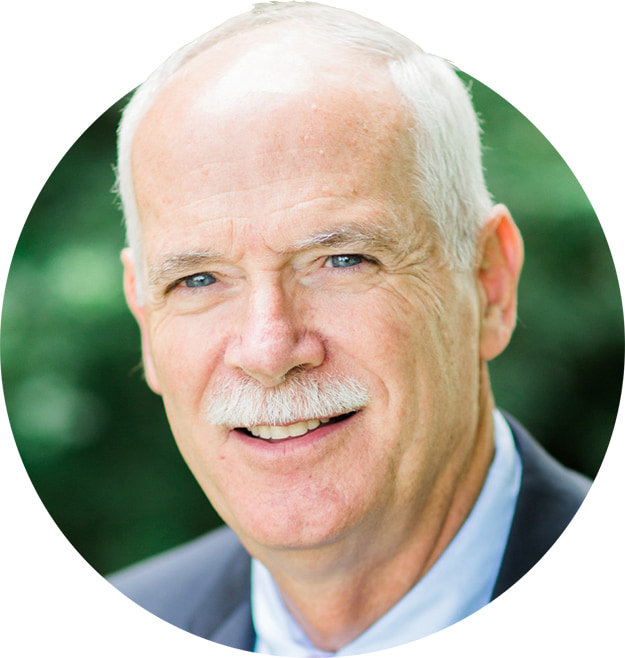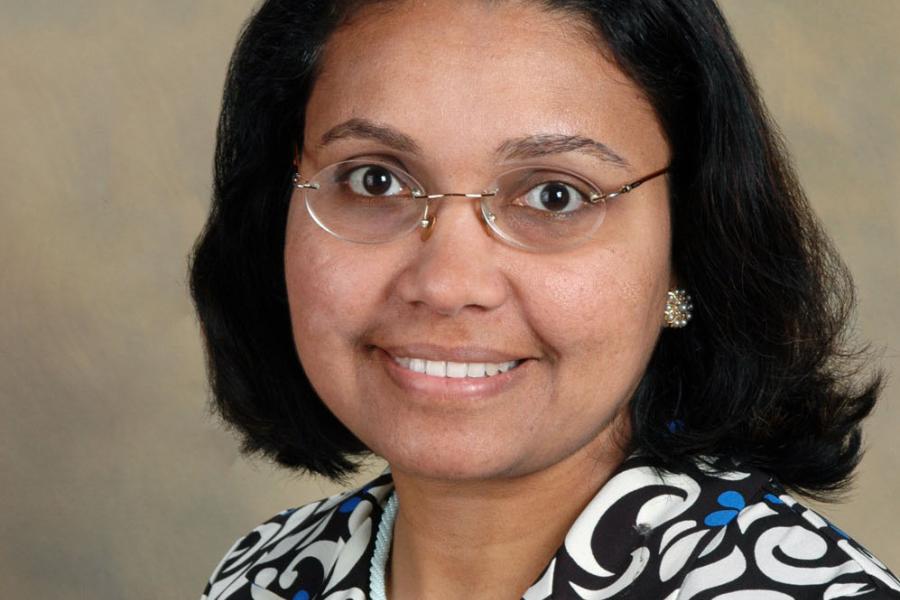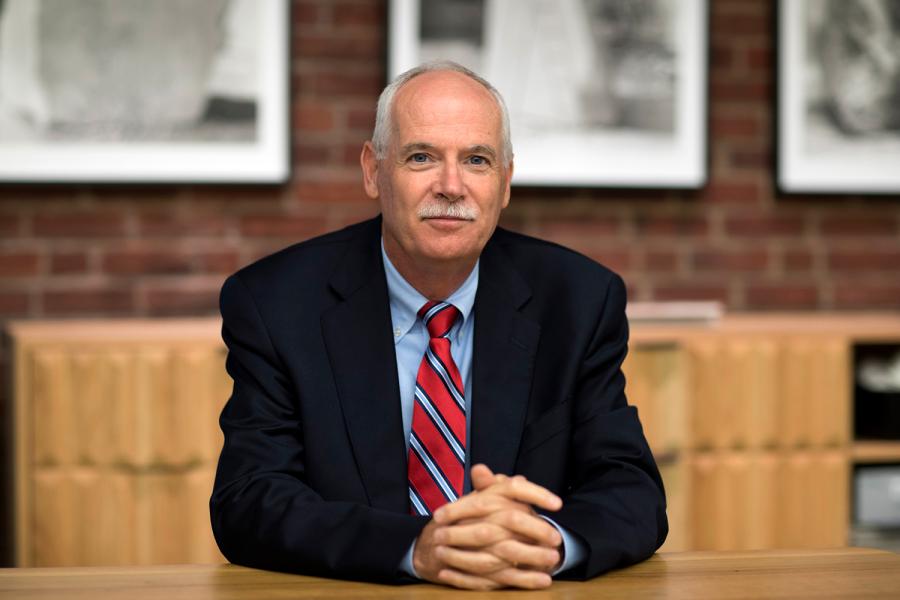The artificial pancreas system, which consisted of a sensor on the skin and an insulin pump programmed with an algorithm, monitored and automatically regulated Kate’s blood glucose levels much like a healthy pancreas would.
As one of 16 teenagers in the 2013 study that was conducted by Dr. Boris Kovatchev, Kate no longer had to worry about her blood sugar dipping or spiking.
“Watching that computer screen and being able to see the insulin amounts change was amazing,” Robin said.
The potential of the cutting-edge device was not lost on the UVA Licensing & Ventures Group, the intellectual property management and innovation commercialization organization for the University’s research portfolio.
In 2016, LVG made the first investment from the University’s newly launched $10 million seed fund in TypeZero Technologies, whose artificial pancreas technology they had helped license.
Two years later, the decision paid dividends when TypeZero was purchased by DexCom Inc., which provides glucose monitoring for people with diabetes.
Buoyed by its ability to maximize the economic impact of UVA discoveries, as well as its stated mission “to enrich and improve lives” – a charge that aligns with UVA President Jim Ryan’s 2030 strategic plan to be both a “Great and Good” university – LVG recently began managing a second $10 million seed fund for the University.
LVG Board of Directors Chair Peter Grant said LVG is thankful for the support from both the University and the Health System, who committed to both funds.
“We are very fortunate, through a lot of dialogue and a lot of testing of assumptions and observations of other programs around the country, to have gained the support of Fund I from the prior administration at the University, and we feel equally appreciative that the current administration supported our desire to stay on this path and provide the funds for Seed Fund II,” Grant said.
“We don’t take that support lightly, and we know we have a job to do, a mission to accomplish and a service to provide to people who are generating intellectual property at the University.”
Grant, the founding partner of Anchormarck Holdings LLC, said the first seed fund came about as a result of several conversations around Grounds in 2015 that indicated there was an appetite for creating such an investment vehicle.
“The thought was, ‘How do we extend beyond just translational research and support or investing and fill what many refer to as this ‘Death Valley?’” Grant said. “There was this thought that to get your next round of support or financing, you might have to go outside of our local ecosystem to get it done, because there wasn’t a formal path.
“There was certainly investment capital or private capital available around here, but for someone who is working as a clinician or full time in one of our labs, the idea of having to go through a process of running around and investing time and energy in raising capital, it’s daunting – especially if you haven’t done it before.”
In that vein, eight of the 10 portfolio company investments that are still in the first seed fund have founders who are members of the UVA faculty; the other two were founded by alumni.
TypeZero and 510 Kardiac Devices have been the funds’ two “graduates.”
“Both of those companies have generated positive returns for the fund and for the University,” Grant said, “but as importantly, if not more importantly, they have made lives better for people and for patients. We certainly think both those companies are great examples of that.”
Dr. Scott Lim, associate professor of cardiovascular medicine and medical director of the UVA Advanced Cardiac Valve Center, cofounded 510 Kardiac Devices with his colleague, Jaime Sarabia. Lim spent years developing an instrument called the Lim Transseptal System, which allows for greater control of the needle during heart surgeries and the ability to position it in precise locations.
The LVG Seed Fund invested in 510 Kardiac in 2018 to support the company’s efforts to obtain FDA approval for the device. Two years later, shortly after being acquired by medical device company Keystone Heart, the company did just that.
Overall, LVG’s University-focused investment strategy during the first six years of the fund has attracted 18 syndicate partners and raised close to an additional $75 million through follow-on investments.
